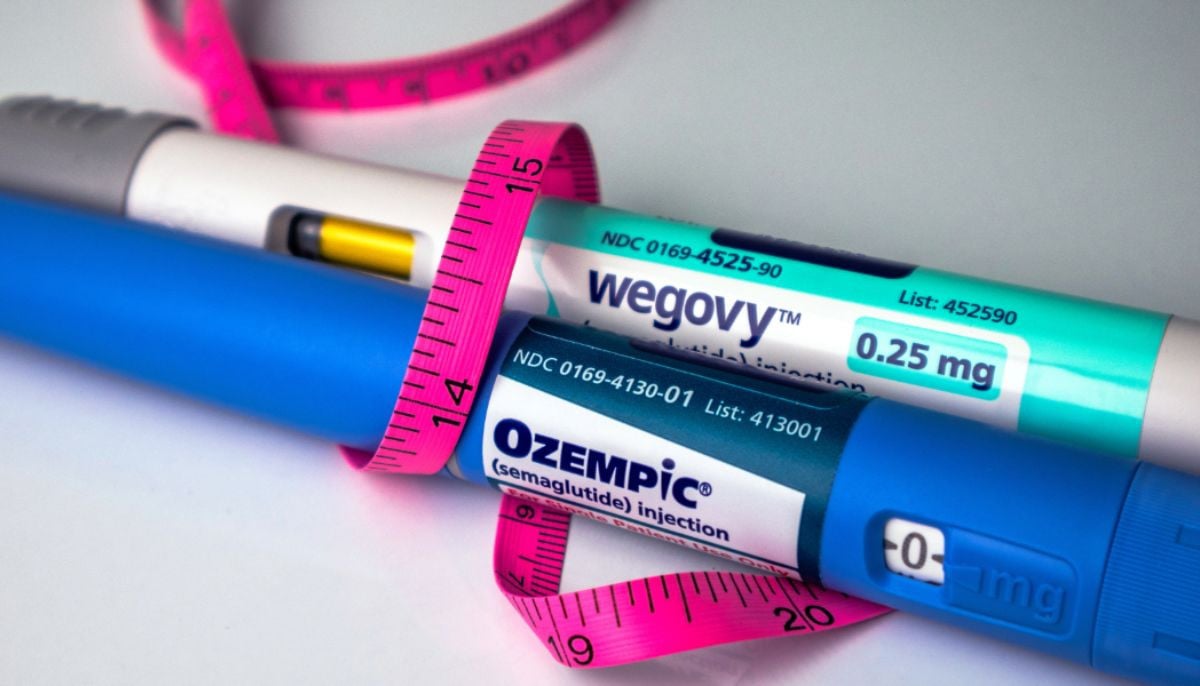You can predict your next migraine attack by these two things
These findings will help in prevention and treatment of migraines
Wouldn’t it be helpful to know when the next migraine is going to hit?
Well, according to new study findings, you can now predict your next migraine attack.
According to the study published in the Journal of Neurology, reported by CNN, two things can predict an upcoming migraine — changes in sleep quality and energy levels.
Dr Kathleen Merikangas, principal investigator of the study, said, "The major finding from this study was that changes in sleep quality and energy on the prior day were related to an incident headache the next day."
A study done in February 2018 found that chronic migraines are the leading cause of disability in people younger than 50.
The research was done by tracking the behaviours and symptoms of 477 people over two weeks.
The study found that energy levels and sleep quality a day prior were important indicators of an upcoming migraine.
Those who had bad sleep quality and low energy one day were more likely to have migraines the next morning, the data showed. An increase in energy and greater-than-average stress usually foretell a migraine would appear later the next day.
These findings will help in the prevention and treatment of migraines.
Merikangas said, "If we can identify things in the environment that people can change, then we'd be able to prevent the attack in the first place, and then they may be able to prevent it by either going to sleep to offset it or some other intervention that would prevent us from having to use medication to prevent the attack."
The five typical signs of an impending migraine are sensitivity to light, fatigue, neck pain, and sensitivity to noise and dizziness.
-
Billy Joel admits cancelling of tour due to brain disorder 'sounds a lot worse' than it is
-
Chester Bennington’s mental health story and lasting legacy
-
Yerin Ha opens up about shocking diagnosis post ‘Bridgerton’ season 4
-
Everything to know about Justin Bieber's facial paralysis
-
Sarah Ferguson’s dual cancer journey
-
Demi Moore was left with ‘intense’ illness after ‘The Substance’
-
How Michael J. Fox helped Harrison Ford with his Parkinson's monologue
-
‘Stranger Things’ star Gaten Matarazzo reveals how cleidocranial dysplasia affected his career












